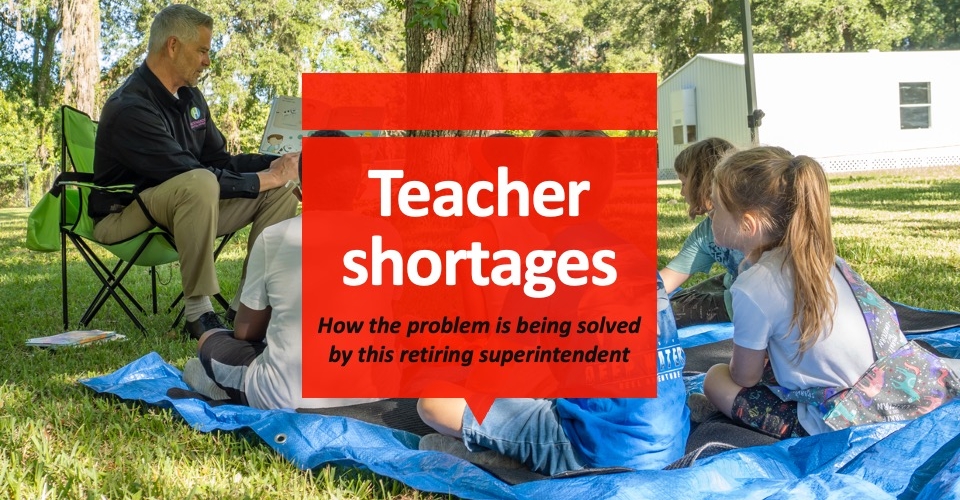This statement probably won’t surprise most superintendents and their teams: Students have the natural talent to fill the nation’s most in-demand careers in healthcare, manufacturing, technology and finance. Education leaders may, however, be concerned that not enough students are being exposed to these fields, according to YouScience’s 2024 State of the Future U.S. Workforce report.
That finding comes from 500,000 aptitude assessments examined by the company, whose software helps students plot career pathways. Here are some of the key revelations from the report, including a look at an emerging “exposure gap”:
- 39% of students have an aptitude for careers in health science
- 32% of students have an aptitude for careers in computers and technology
- 30% of students have an aptitude for careers in agriculture and natural resources
- 29% of students have an aptitude for careers in advanced manufacturing
- 75% more students have aptitude but not interest in computers and technology careers
- 66% more students have aptitude but not interest in advanced manufacturing careers
- 48% more students have aptitude but not interest in agriculture and natural resources careers
- 43% more students have aptitude but not interest in health science careers
Bias, whether conscious or unconscious, is perpetuating these gaps, the report contends. Male students, for example, may more often be steered toward law enforcement than nursing. Also, career interest surveys may not be the most effective planning tools because students are likely to choose fields about which they are already familiar, the report adds.
“Students have untapped potential for in-demand occupations but lack a clear understanding of their skills and how they align with careers,” said Edson Barton, founder and CEO of YouScience. “In an era of rapid economic and technological changes, it’s essential for students to grasp their full range of abilities.”
In-demand careers: A course correction
The overarching solution for education leaders is to create more personalized career pathways that tap more directly into students’ aptitudes. Young people must also be encouraged to work toward and earn certifications in the industries that will provide post-graduation jobs, the report explains.
Read more from DA: Here comes a monumental eclipse. Are you closing school or out of luck?
Education leaders should ensure students’ family members are invited to collaborate with guidance counselors on career planning, particularly around CTE courses, certification programs and higher education. Administrators should also create interdisciplinary teaching teams and career clusters that can better support students’ personalized career pathways.
Schools, finally, should continue to expand work-based learning programs with internships, apprenticeships and other experiences that connect students with business and industry.









